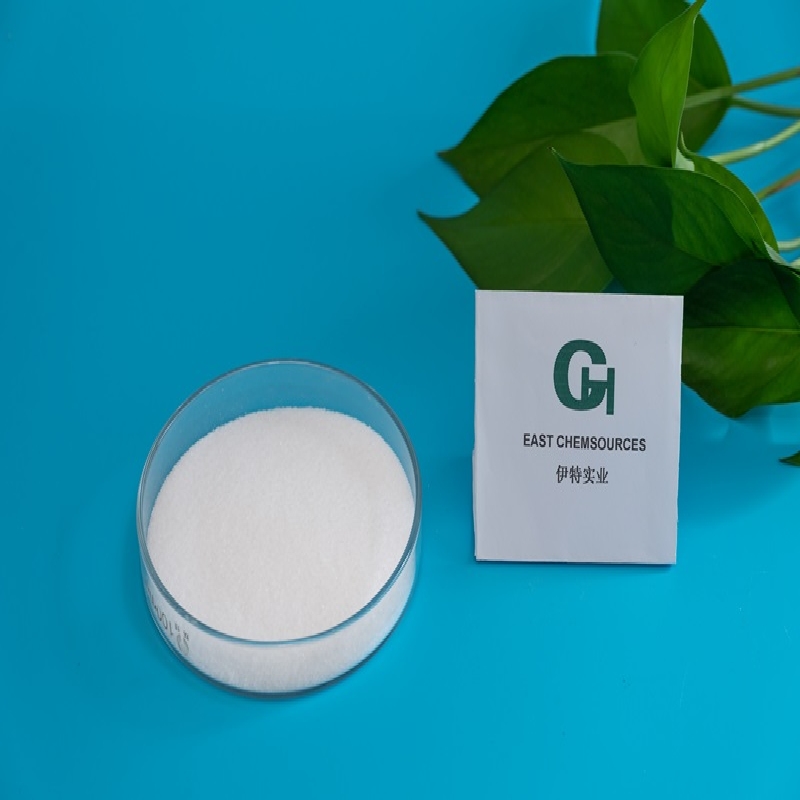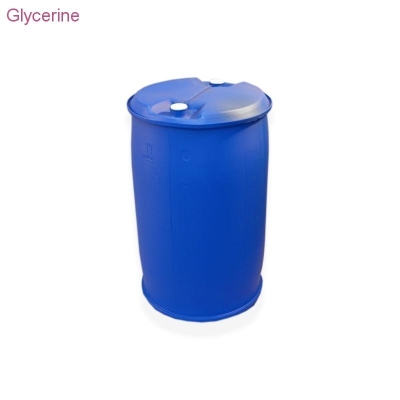-
Categories
-
Pharmaceutical Intermediates
-
Active Pharmaceutical Ingredients
-
Food Additives
- Industrial Coatings
- Agrochemicals
- Dyes and Pigments
- Surfactant
- Flavors and Fragrances
- Chemical Reagents
- Catalyst and Auxiliary
- Natural Products
- Inorganic Chemistry
-
Organic Chemistry
-
Biochemical Engineering
- Analytical Chemistry
- Cosmetic Ingredient
-
Pharmaceutical Intermediates
Promotion
ECHEMI Mall
Wholesale
Weekly Price
Exhibition
News
-
Trade Service
Immune checkpoint inhibitors (ICIs) are more and more commonly used in tumor treatment, and they have shown good anti-tumor efficacy
.
Commonly used ICIs are CTLA4, PD1 and PDL1 inhibitors
Immune checkpoint inhibitors (ICIs) are more and more commonly used in tumor treatment, and they have shown good anti-tumor efficacy
The study is a retrospective study and included 657 patients treated with ICIs from June 2011 to January 2020 at the MD Anderson Cancer Center
.
Esophageal gastroscopy was performed during ICIs treatment or within 6 months after treatment, and 21 patients (3%) were found to have immune-related esophagitis
The study is a retrospective study and included 657 patients treated with ICIs from June 2011 to January 2020 at the MD Anderson Cancer Center
The most common causes of EGD examination were nausea and vomiting (33%), dysphagia (19%), or hematemesis (19%)
Clinical symptoms
Clinical symptomsEndoscopic and histological characteristics found that only 3 patients (14%) had simple esophagus involvement, and 18 patients (86%) had concurrent involvement of the stomach, duodenum, or both, as
assessed by EGD .
A total of 11 patients (52%) had multiple segments of the esophagus, while other patients had isolated involvement of the middle third of the esophagus (n=7; 33%) and the distal third of the esophagus (n=2; 10%) , Or the gastroesophageal junction (n=1;5%)
Endoscopic and histological characteristics found that only 3 patients (14%) had simple esophagus involvement, and 18 patients (86%) had concurrent involvement of the stomach, duodenum, or both, as
Endoscopic and histological features
Endoscopic and histological featuresA total of 10 patients (48%) patients due to the digestive tract symptoms requiring hospitalization
.
The most patients received PPI therapy (n=14; 67%); only 4 patients (19%) used steroids (3 used prednisone and 1 used oral budesonide), with a median duration of 50 days ( IQR, 35-134 days)
A total of 10 patients (48%) patients due to the digestive tract symptoms requiring hospitalization
Esophagitis treatment outcome
Esophagitis treatment outcomeThe researchers compared the clinical characteristics of patients with and without risk factors for esophagitis except for the use of ICIs
.
Risk factors were defined as the use of non-steroidal anti-inflammatory drugs within 3 months before the onset of esophagitis, chemotherapy within 3 months before the onset of esophagitis, and combined chemotherapy during ICIs treatment
The researchers compared the clinical characteristics of patients with and without risk factors for esophagitis except for the use of ICIs
Risk factors for esophagitis
Risk factors for esophagitisIn summary, the incidence of immunotherapy-related esophagitis is relatively low, most of which are mild symptoms, and can be controlled with non-immunosuppressive treatment methods, and the effect of steroid hormones is not clear
.
Therefore, a large prospective study with long-term follow-up is still needed for evaluation
.
.
Therefore, a large prospective study with long-term follow-up is still needed to evaluate
.
The incidence of immunotherapy-related esophagitis is relatively low, most of which are mild symptoms, and can be controlled with non-immunosuppressive treatment methods, and the effect of steroid use is not clear
.
Therefore, a large prospective study with long-term follow-up is still needed to evaluate
.
The incidence of immunotherapy-related esophagitis is relatively low, most of which are mild symptoms, and can be controlled with non-immunosuppressive treatment methods, and the effect of steroid use is not clear
.
Therefore, a large prospective study with long-term follow-up is still needed to evaluate
.
Original source:
Original source:Kavea Panneerselvam, Rajan N.
Amin, Dongguang Wei, et al.
Clinicopathologic Features, Treatment Response, and Outcomes of Immune Checkpoint Inhibitor-Related Esophagitis.
J Natl Compr Canc Netw.
doi: 10.
6004/jnccn.
2020.
7675.
Published online June 11, 2021
Amin, Dongguang Wei, et al.
Clinicopathologic Features, Treatment Response, and Outcomes of Immune Checkpoint Inhibitor-Related Esophagitis.
J Natl Compr Canc Netw.
doi: 10.
6004/jnccn.
2020.
7675.
Published online June 11, 2021 Leave a message here







